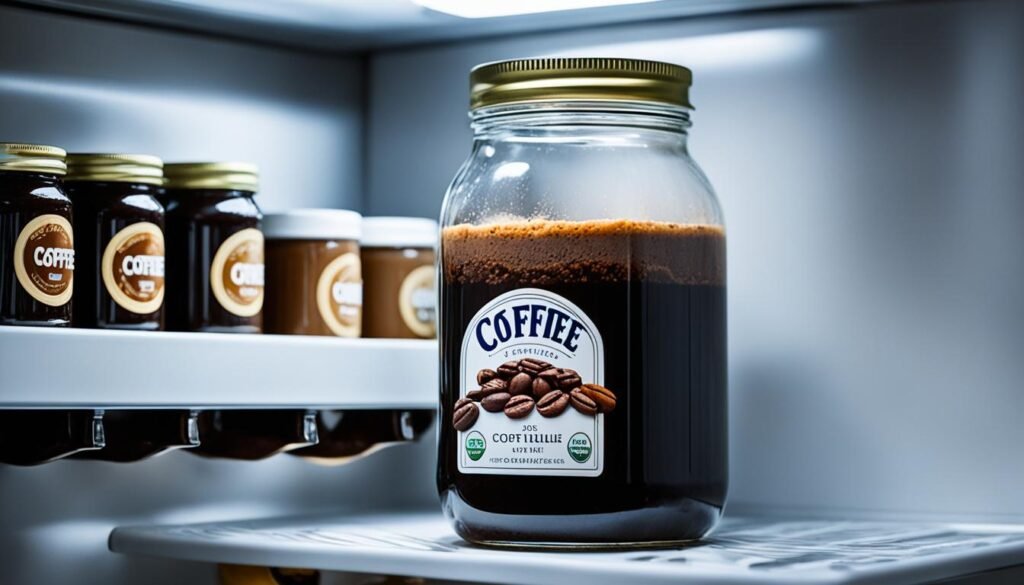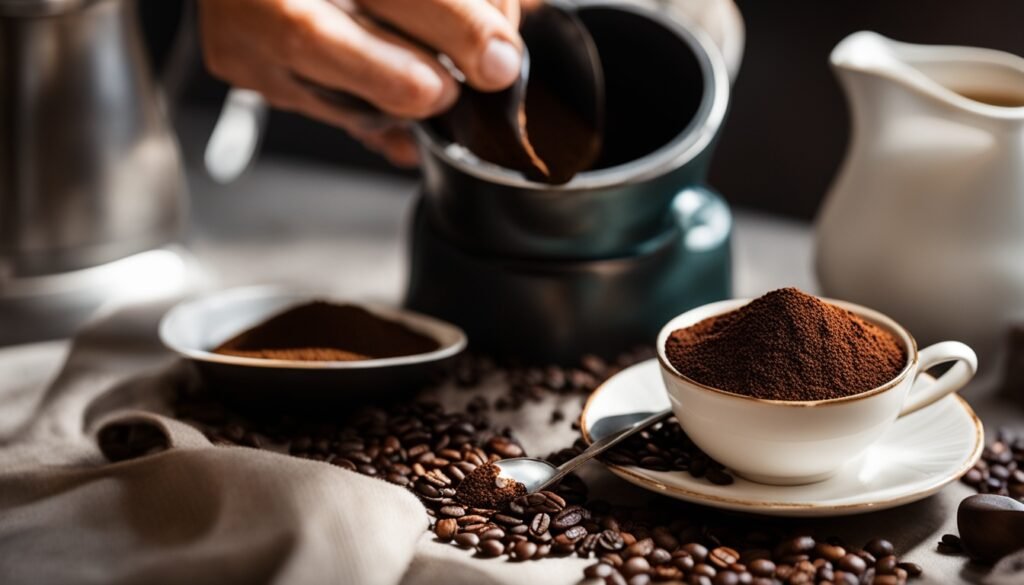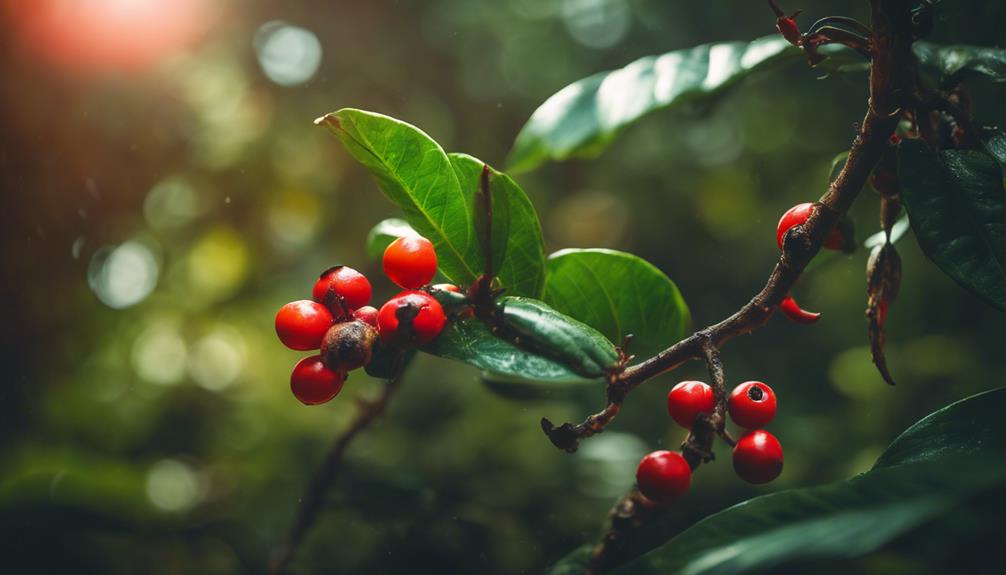Composting with coffee grounds is a smart way to reduce kitchen waste and improve soil quality. These grounds provide essential nutrients like nitrogen, potassium, and phosphorus, which are vital for plant growth and decomposition.
To compost effectively, blend coffee grounds with carbon-rich materials in a 4:1 ratio of browns to greens. Mix the layers thoroughly and aerate the pile regularly by turning it to speed up decomposition.
Coffee grounds also attract beneficial earthworms, aiding in soil aeration and breakdown. For a sustainable approach, consider composting coffee grounds and filters from K-Cups.
By enhancing your composting efforts, you can benefit your garden and the environment.
Composting Basics
Composting is a great way to manage kitchen waste effectively. By converting organic materials like fruit scraps and coffee grounds into compost, you can significantly reduce the over 200 pounds of kitchen waste that an average family produces each year.
To ensure successful composting, it's important to maintain a balanced mix of green (nitrogen-rich) and brown (carbon-rich) materials. Green materials like coffee grounds help support microbial growth, while brown materials provide energy for the process. The ideal ratio is 4 parts brown to 1 part green, which helps prevent odors and encourages decomposition.
Not only does composting help minimize waste, but it also produces valuable compost that can be used for gardening. By understanding these basic principles, you can compost efficiently and sustainably.
Nutrient Benefits
When you include coffee grounds in your compost, you're supplying vital nutrients that can significantly boost plant growth. Coffee grounds are packed with nitrogen, a key nutrient for plant growth. This nitrogen helps break down other organic materials in your compost more effectively.
Moreover, coffee grounds contribute potassium and phosphorus, essential for robust root development and blooming. By integrating these components into your compost, you establish a more balanced nutrient mix that benefits a wide range of plants.
Additionally, coffee grounds enhance soil structure and increase its ability to retain water, leading to a more resilient and productive garden. In essence, coffee grounds elevate compost quality, ensuring healthier plants.
Effective Mixing
To efficiently compost, it's crucial to mix coffee grounds and other compost materials effectively. Maintain a ratio of 4 parts carbon-rich brown materials to 1 part nitrogen-rich green materials, like coffee grounds.
Start by layering your compost pile with brown materials such as leaves, paper, or straw, then add a layer of green materials, including coffee grounds. Thoroughly mix these layers to encourage even decomposition and prevent odors.
Turning your compost pile every few weeks will help aerate the mix and speed up the composting process. By balancing your compost materials correctly, you create an ideal environment for microbes to break down organic matter efficiently.
Handling Coffee Grounds
To make the most of your compost, handle coffee grounds properly for maximum benefits. Begin by adding used or fresh coffee grounds to your compost bin, along with torn or shredded coffee filters to enhance decomposition.
For a well-balanced compost, mix coffee grounds with carbon-rich materials like leaves or paper to prevent odors and ensure efficient breakdown. Coffee grounds attract earthworms, aiding in compost aeration and decomposition. These grounds are acidic, making them ideal for acid-loving plants.
Sustainable K-Cups
Looking to make your coffee habit more eco-friendly? Sustainable K-Cups are a fantastic choice. These K-Cups are completely compostable, so you can simply toss the whole thing into your compost bin after brewing, no need to separate the coffee grounds from the plastic.
If you're still using regular K-Cups, you can make them sustainable by taking a few extra steps. Use a knife or special cutter to remove the plastic, then compost the grounds and paper filter. This small change reduces waste and benefits your compost pile.
Whether you opt for sustainable K-Cups or adjust your regular ones, you're not only enjoying your daily coffee but also making a positive impact on the environment.
Conclusion
When you include coffee grounds in your compost, you're not just getting rid of kitchen waste; you're actually improving the nutrient content, increasing microbial activity, and achieving a well-rounded mix of materials.
This simple step enriches your compost, promotes sustainable living, and helps reduce waste.
So, the next time you make a cup of coffee, think about how those grounds can turn your compost pile into a nutrient-rich powerhouse, benefiting both your garden and the environment.
Embrace this small change for a significant impact on your composting efforts.












